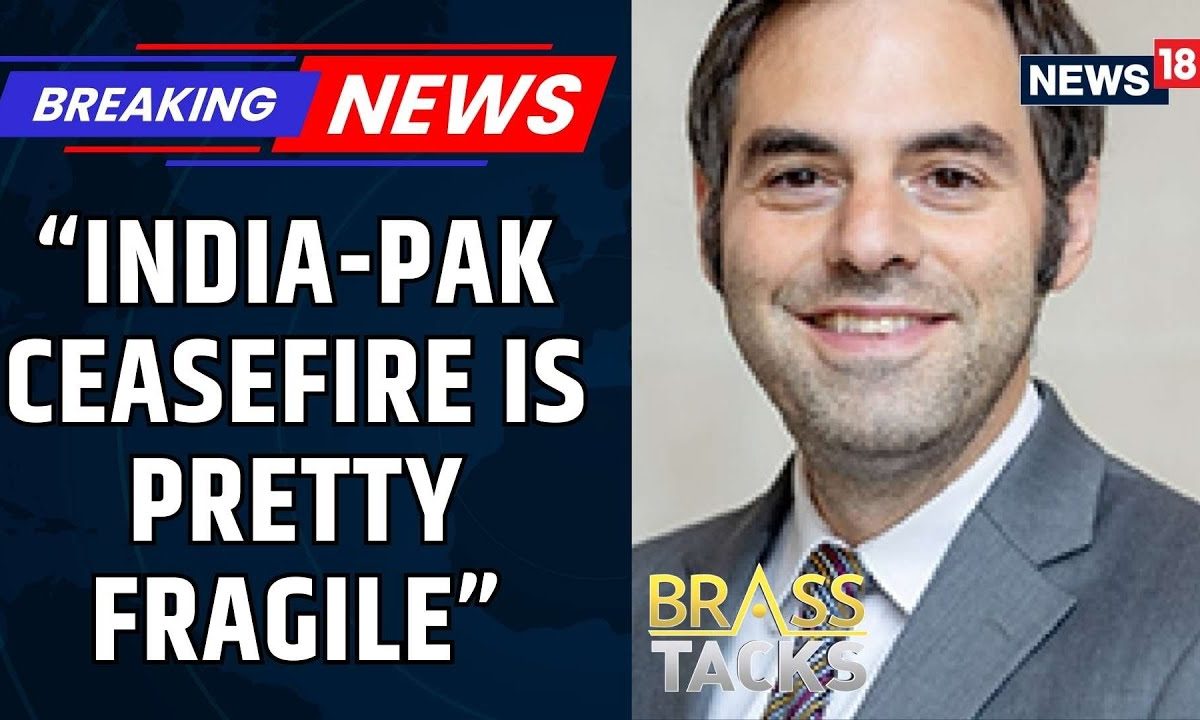

Recent comments and actions by former U.S. President Donald Trump have introduced new complexities into the relationship between the United States and India, particularly concerning trade. These developments have surfaced against a backdrop of ongoing trade negotiations and recent military escalations between India and Pakistan, adding layers of intricacy to the diplomatic landscape.
Trump's recent remarks in Qatar, where he claimed India had offered "literally no tariffs" on U.S. imports as part of a potential trade deal, have been met with both surprise and rebuttal from Indian officials. External Affairs Minister S. Jaishankar has clarified that trade talks are still in progress and that any agreement must be mutually beneficial. Trump also reportedly urged Apple CEO Tim Cook to expand production in the United States instead of India.
These statements have sparked debate regarding the trajectory of U.S.-India trade relations. On one hand, Commerce Secretary Sunil Barthwal has stated that discussions on a bilateral trade agreement are progressing steadily, with potential for "early mutual wins". An Indian delegation is expected to visit Washington for further talks, aiming to finalize the first phase of a broader agreement by autumn. On the other hand, Trump's rhetoric and actions, including tariffs on steel and aluminum imports, have created friction and prompted India to consider retaliatory measures.
India has also lodged a formal complaint with the World Trade Organization (WTO), challenging what it considers "arbitrary and discriminatory" tariffs on Indian pharmaceutical and auto exports. This move signals a shift in India's approach, from playing defense to taking a more assertive stance in its economic relationship with the U.S. Some analysts believe India is drawing inspiration from China's trade tactics, particularly after the U.S. and China de-escalated their tariff war.
Adding another layer of complexity, Trump has claimed personal credit for brokering a ceasefire between India and Pakistan. This claim has been refuted by Indian officials, who maintain that any dialogue with Pakistan will be strictly bilateral and focused on terrorism. India Today reported that India is planning a diplomatic offensive to brief foreign nations on the conflict with Pakistan.
These factors have led to increased uncertainty in U.S.-India relations. India has emphasized strategic autonomy as its core doctrine, which sometimes clashes with Washington's preference for transactional diplomacy. As India seeks to diversify its trade relationships and assert its independence on the global stage, the path forward for U.S.-India relations remains uncertain. Minister Piyush Goyal's visit to Washington is expected to provide further clarity on India's willingness to compromise and the potential for a mutually beneficial trade deal.
Despite the recent tensions, both countries have made efforts to resolve trade disputes and strengthen economic ties. In March 2024, the U.S. and India resolved their final trade dispute regarding poultry imports. Overall goods trade between the two countries increased to $128.8 billion in 2022-23, solidifying the U.S. as India's largest trading partner. Both countries have expressed a desire to expand bilateral trade to $500 billion by 2030, which could be supported by the ongoing BTA negotiations.
In conclusion, Trump's recent trade comments and actions have introduced new challenges to the U.S.-India relationship. While both countries are engaged in ongoing trade negotiations and have resolved past disputes, disagreements over tariffs, market access, and strategic autonomy persist. The situation is further complicated by recent military tensions between India and Pakistan and differing views on how to address these issues. As India seeks to balance its relationships with multiple global powers, the future of U.S.-India relations will depend on the ability of both countries to navigate these complexities and find common ground.